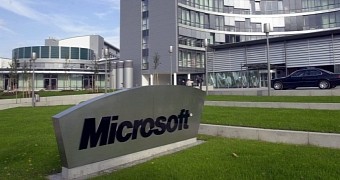Security expert Vesselin Bontchev is praising Microsoft for its approach towards antivirus solutions, explaining in a series of tweets that the Redmond-based tech giant has “learned a lot from the AV industry” and is now working with vendors on getting software right.
These statements come only a few days after a former Mozilla engineer blamed third-party antivirus companies for slowing down computers, breaking down other software, and opening up more vulnerabilities on Windows systems, calling Windows Defender the only antivirus that’s worth having these days.
Bontchev, however, explains that Microsoft itself was less interested in working with antivirus companies and even tried to downplay malware when it first appeared and it affected its products.
“This is a story of Microsoft doing something RIGHT for a change. I witnessed it first-hand when macro viruses appeared, decades ago. First, Microsoft tried their usual ham-fisted approach. They wanted to forbid us from calling it a ‘virus’. It's just a ‘prank macro’, they said,” he said.
“Oh, and they didn't want us to use ‘Word’ in our descriptions. It's trademarked, you see. We told them that ‘word’ was a perfectly normal word and, my word, we're going to use it. Then they changed their approach. They started sending people to anti-virus conferences. They started talking to us. They started cooperating. Building in-house expertise.”
There must be a dialog between companies
Bontchev admits that Windows Defender is a good antivirus product, adding that it all turned out very well for the software giant, as the company made the right call before it was too late.
Speaking of the rest of software solutions that might be impacted by antivirus vendors, he says that everyone needs to be working with these companies, just like Microsoft did a long time ago.
Browser companies should also send their developers to security conferences and have them work together with vendors to address any issues that might be experienced by the end user.
This isn’t happening right now and this is why we’re on the verge of a war between browser companies and antivirus vendors that could in the end only affect performance of the software running on our computers.

 14 DAY TRIAL //
14 DAY TRIAL //